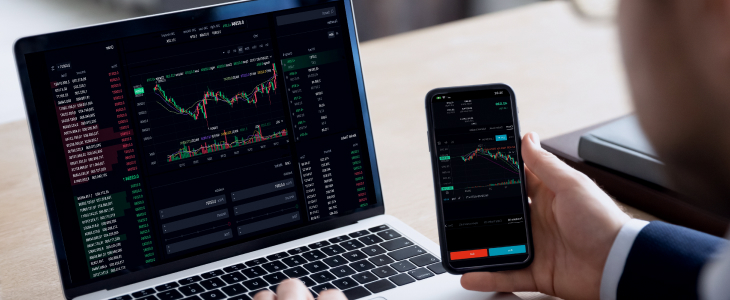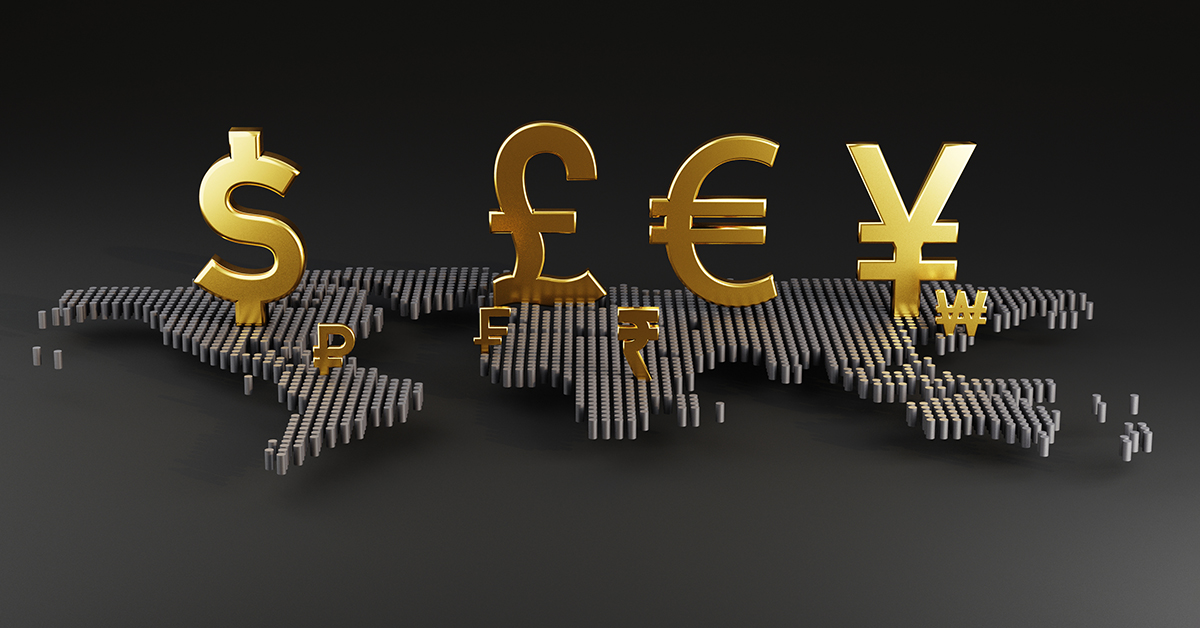
Understanding Forex Trading Brokers
Forex trading brokers play a pivotal role in the currency trading landscape. They act as intermediaries between traders and the foreign exchange market, providing the necessary tools and resources to facilitate transactions. For those looking to venture into the realm of forex trading, it is essential to understand what brokers do, how to choose the right one, and the various features they offer. forex trading brokers Global Trading Brokers have become a popular choice for traders seeking reliable and efficient trading platforms. In this article, we will delve deep into the essentials of forex trading brokers.
The Role of Forex Trading Brokers
At its core, a forex broker allows traders to buy and sell currency pairs. They provide a trading platform where traders can access live quotes and execute trades. Brokers typically charge a commission or a spread on each trade, which is their primary source of revenue. Additionally, they offer various tools, services, and educational resources to help traders navigate the complex world of forex trading.
Types of Forex Brokers
Forex brokers can be categorized into several types, each with its unique business models and services. The most common types include:
- Market Makers: These brokers create a market for traders by offering their own quotes. They profit from the spread between the bid and ask prices.
- ECN Brokers: Electronic Communication Network (ECN) brokers connect traders with liquidity providers, allowing for direct market access. They typically charge a small commission on trades.
- STP Brokers: Straight Through Processing (STP) brokers automatically route orders to liquidity providers without the need for dealer intervention, leading to faster execution.
- DMA Brokers: Direct Market Access (DMA) brokers allow traders to place orders directly on the market, providing more control over trade execution.
Choosing the Right Forex Broker

Selecting the right forex broker is crucial for your trading success. Here are some key factors to consider when making your choice:
1. Regulation and Compliance
Always verify if the broker is regulated by a reputable authority. Regulatory bodies ensure that brokers adhere to strict guidelines to protect traders’ funds and maintain fair practices. Look for brokers regulated by organizations such as the FCA (Financial Conduct Authority) in the UK or the SEC (Securities and Exchange Commission) in the United States.
2. Trading Platform
The trading platform is your gateway to the forex market. Ensure that the broker offers a user-friendly, stable, and feature-rich platform. Popular platforms like MetaTrader 4 (MT4) or MetaTrader 5 (MT5) are widely preferred for their extensive tools and community support.
3. Spreads and Commissions
Different brokers have varying spreads and commission structures. Compare them to find a broker that offers competitive rates. Be cautious of brokers with overly tight spreads, as they may compensate through high commissions or poor execution quality.

4. Leverage and Margin
Leverage allows traders to control larger positions with a smaller amount of capital. However, high leverage also increases risk. Understand the broker’s leverage offerings and choose a level that aligns with your risk tolerance and trading strategy.
5. Customer Support
Reliable customer support is essential for addressing any issues or concerns that may arise during trading. Look for brokers that offer multiple support channels, such as live chat, email, and phone support, along with comprehensive educational resources.
The Importance of Forex Brokers in Trading Education
Many forex brokers provide educational resources to help traders improve their skills and knowledge. This may include webinars, tutorials, articles, and demo accounts. Participating in these educational offerings can significantly enhance your trading abilities and increase your chances of success in the market.
Conclusion
Forex trading can be both rewarding and risky, making it critical to choose the right broker. By understanding the role of forex trading brokers and considering key factors such as regulation, trading platforms, and customer support, traders can make informed decisions that align with their trading goals. Remember that the right broker not only provides access to the market but also offers the tools and resources necessary for your trading journey. Whether you are a novice or a seasoned trader, selecting a reputable forex broker will set the foundation for successful trading.
